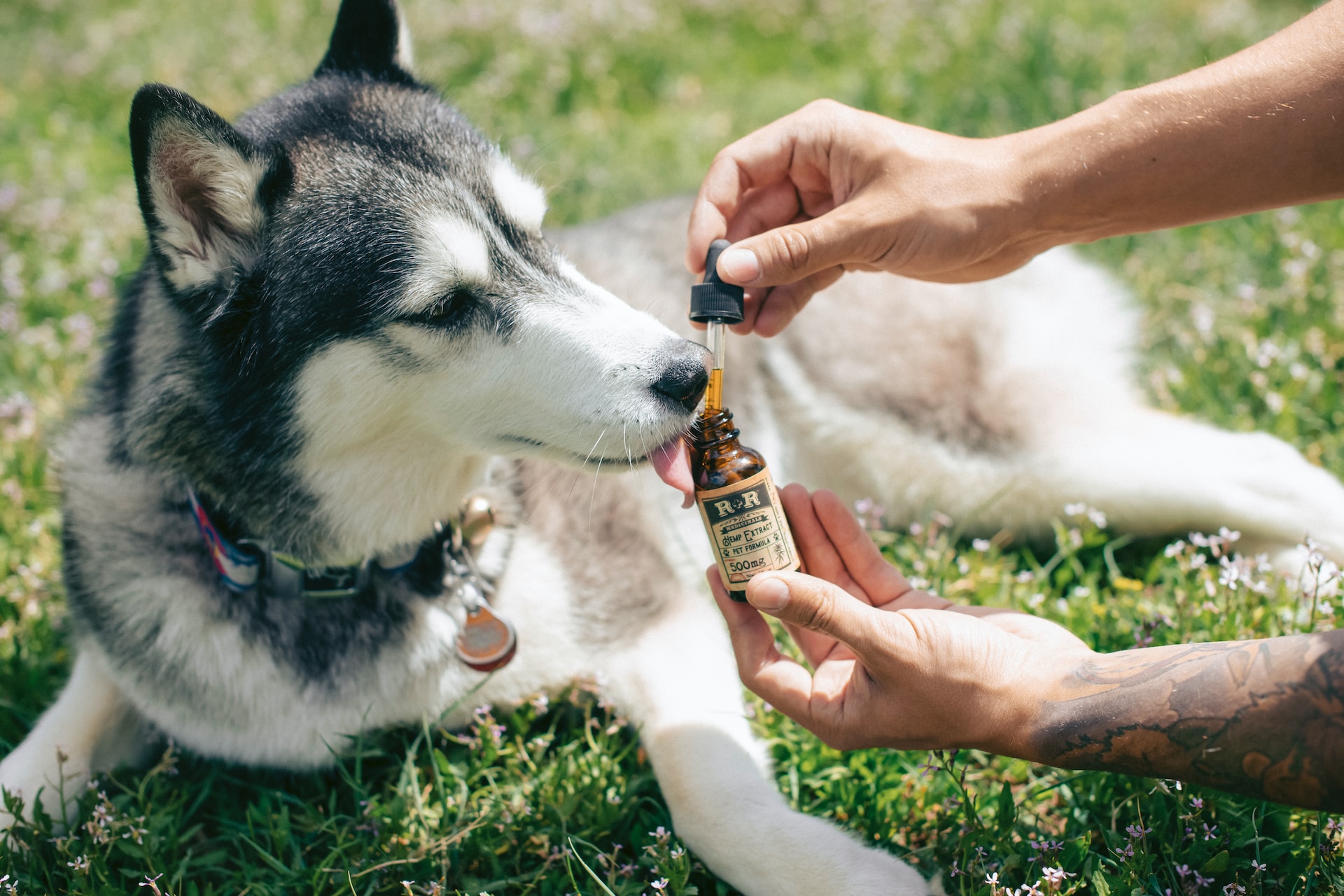That’s correct! Omega-3 for dogs is indeed a valuable supplement. You’re probably aware of the immune system benefits that omega-3 provides for humans. However, you may be surprised to learn that it can also contribute to maintaining excellent health in dogs.
It turns out that our furry companions are not so different from us in this regard. Consequently, omega-3 for dogs offers nearly identical advantages to their bodies as it does to ours.
What exactly is omega-3 for dogs?
Well, it’s not that there’s a separate omega-3 supplement specifically designed for dogs. In fact, we’re talking about the very same supplement of this fatty acid that humans take. It’s true: we’re not so different after all!
Omega-3 is a type of polyunsaturated fat, often referred to as “good fat.” It is classified as an essential fatty acid because our bodies, as well as those of our canine companions, cannot produce it on their own. Consequently, we must obtain it through our diet. Foods such as fish (especially salmon, trout, and sardines), nuts, oils, and seeds are rich sources of omega-3.
You can ensure that the food you provide for your dog contains omega-3-rich ingredients, which will help maintain adequate levels of this essential fatty acid in their body. However, sometimes the percentage of omega-3 obtained through food alone may not be sufficient. In such cases, it’s a good idea to supplement their diet with omega-3 for dogs, but always under the recommendation and approval of your trusted veterinarian.
What are the advantages of Omega-3 for dogs?
As mentioned earlier, omega-3 for dogs shares the same benefits as omega-3 for humans. So, what exactly are these benefits?
- Omega-3 serves as a natural anti-inflammatory for your dog, assisting in combating various diseases and inflammatory processes that may affect their body.
- It helps reduce triglycerides, a type of fat (in this case, considered “bad fat”) in the bloodstream, thereby aiding in managing cholesterol levels.
- Omega-3 supplementation reduces the risk of developing cardiovascular issues like arrhythmias.
- It contributes to maintaining healthy blood pressure levels.
- Moreover, research indicates that optimal omega-3 levels in the bloodstream are associated with the development of cells that assist in processes related to cancer, depression, and inflammatory conditions.
Do I need to add Omega-3 supplements to my dog’s diet?

Frankly speaking, it is not absolutely necessary to supplement your dog’s diet with omega-3. As we mentioned earlier, there are numerous food sources that provide the benefits of this fatty acid. However, there are certain occasions or life stages for your dog where an additional supply of omega-3 can be beneficial, helping them feel better and strengthening their immune system. Here are the instances where it can be particularly helpful:
- During seasonal shedding or in the case of skin problems, such as dermatitis. Omega-3 aids in promoting healthy and robust fur growth.
- For dogs with food or environmental allergies, omega-3 can help alleviate typical allergy symptoms like itching.
- Pregnant and lactating females have increased energy requirements, which can be supported by the addition of omega-3 for dogs.
- In puppies, omega-3 can contribute to the proper development of brain functions during the crucial first months of life.
- For older dogs, this dietary supplement can assist in maintaining good brain health and functioning.
How to administer Omega-3 for dogs?
Similar to any dietary supplement, experiencing the benefits of omega-3 for dogs requires long-term administration. It’s important to note that omega-3 is not a quick pain reliever or antibiotic that produces immediate effects.
Incorporating omega-3 into your canine companion’s diet should be seen as a beneficial habit rather than a temporary solution. You will start noticing the advantages within a few weeks, such as improved hair and skin condition, as well as increased agility and energy levels in your dog. Consistency is key, and maintaining a regular omega-3 routine will ensure long-lasting benefits for your dog.
Omega-3 supplements for dogs are typically available in easy-to-swallow and digestible capsules. You can offer the recommended dose to your dog daily by either hiding it in their food dish or wrapping it in a treat for better palatability.
Always adhere to the recommended dosage provided in the manufacturer’s packaging or follow the guidance of your veterinarian.
Where can one buy Omega-3 for dogs?

As mentioned earlier, omega-3 for dogs is essentially the same as omega-3 for humans. Both can benefit from incorporating this essential fatty acid into their diets.
You can purchase omega-3 for dogs at various locations, including herbalist shops, pharmacies, and even online. One brand we particularly recommend is AmberMed, which offers a dedicated line of omega-3 capsules specifically for animal health and well-being.
However, we always advise consulting with your veterinarian before adding any supplements to your furry friend’s diet. They will provide guidance on the suitable food supplement and the ideal dosage for your dog’s specific needs.
Were you already aware of the benefits of omega-3 for dogs? Do you currently supplement your dog’s diet with omega-3 or any other supplements? We’d love to hear your thoughts. 🙂
What is Gudog?
Gudog is the easiest way to find & book the perfect dog Sitter. Thousands of loving Sitters are ready to care for your dog like family! All bookings come with Veterinary Care & Free Cancellation.
